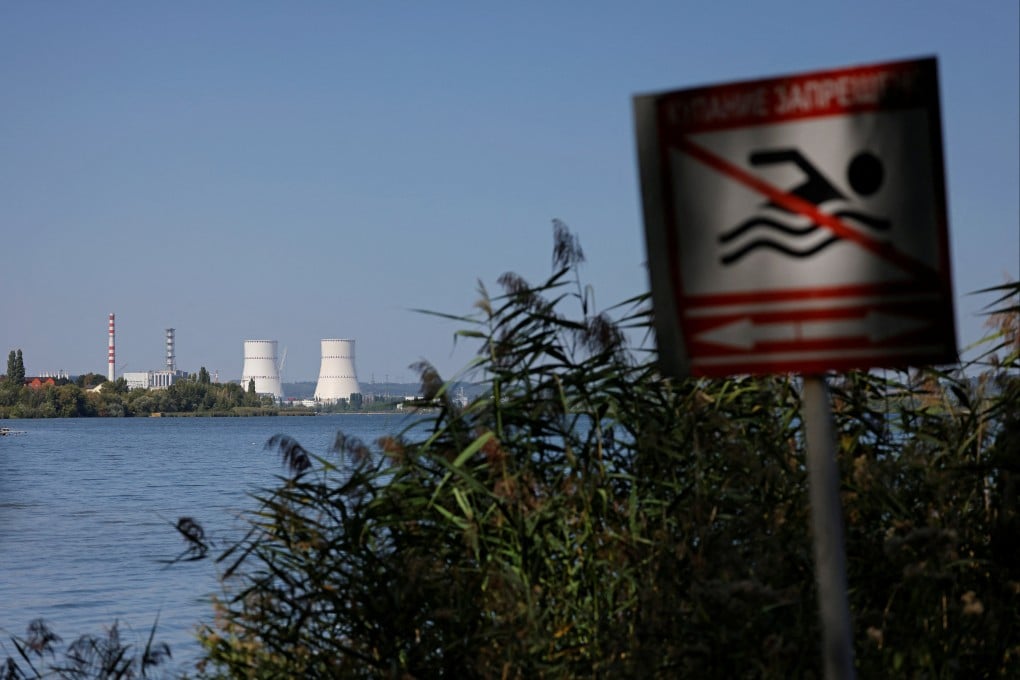Opinion | World must agree nuclear plants are off limits even in wartime
The Ukraine war has exposed the vulnerability of civilian nuclear facilities when war erupts. Could a no-attack agreement plug the security gap?

This week, Ukrainian President Volodymyr Zelensky told the United Nations that Russia was planning attacks on his country’s nuclear power plants, warning of a possible “nuclear disaster”.
These concerns highlight the vulnerability of nuclear installations to conventional attacks, especially in a broader conflict.
In this context, the non-attack agreement between India and Pakistan – in which they pledged not to attack each other’s nuclear installations or facilities – can serve as a template of responsible behaviour. It could help reduce the chances of a nuclear accident during a conflict.
The facility is now at risk because of the constant shelling and firing nearby. The International Atomic Energy Agency (IAEA) has confirmed that there have been at least three attacks against it since April 7. Any release of deadly radiation into the atmosphere could lead to catastrophe.

